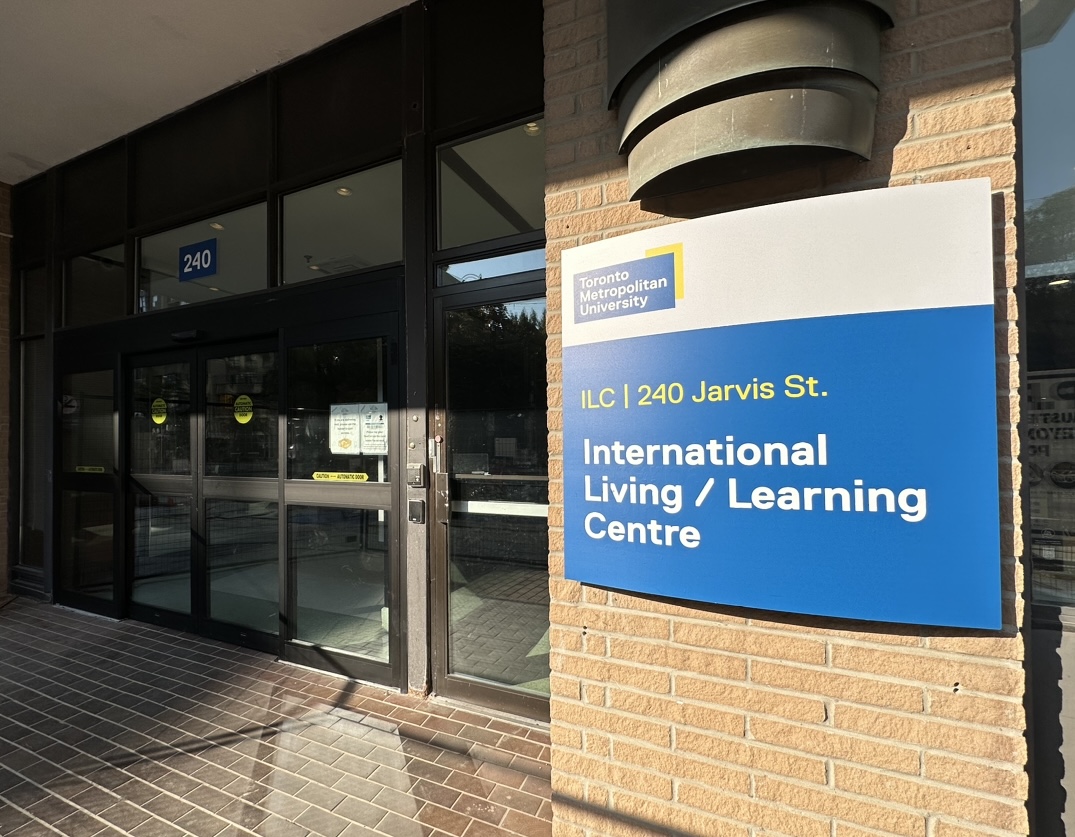
President Mohamed Lachemi says it is too soon to say how new limits on the number of international students allowed into Canada will affect Toronto Metropolitan University (TMU), which already accepts fewer students from abroad than many other postsecondary institutions.
More information is required to determine how the cap on study permits announced last week by the federal government will affect TMU’s international student admissions this coming fall, Lachemi said in an interview with OTR. The new measures mean study permits for students coming to Canada in 2024 will be reduced by 35 per cent, dropping from more than 500,000 to 364,000 nationally.
“We have been a good citizen in terms of attracting international students compared to the rest of the system,” Lachemi said, noting that international students make up only about 10 per cent of TMU ‘s student body, compared to up to 50 per cent at some other institutions.
In 2017, 1,588 or 4.7 per cent of TMU’s 35,961 full-time undergraduate students were international, according to university statistics. By 2022, the number had increased to 3,430 students, or 8.7 per cent, of a student body that had grown to 39,435.
In 2020, TMU teamed up with Navitas, an international student recruitment company based in Australia, to boost the number of students coming from abroad. According to a news release published that year, the key goal of the decade-long partnership was to “to reach the Ontario universities’ average of total international students (15 per cent) in the next five to 10 years.”
The Ontario government also weighed in last week with new policies and restrictions surrounding international students.
“The challenges stemming from the recent spike in students coming to Canada, including predatory practices by bad-actor recruiters, misinformation regarding citizenship and permanent residency, false promises of guaranteed employment, and inadequate housing for students, require immediate attention and collaborative action,” Jill Dunlop, Minister of Colleges and Universities, said in a press release.
Among other measures, the provincial government said it will review postsecondary institutions with a “sizable” international student population “to ensure that program quality protects Ontario’s reputation as a world leader in education and meets Ontario’s labour market demands.”
Postsecondary institutions in the province will also be required to “guarantee that housing options are available” for all international students.
Lachemi refused to speculate on the impact of the new housing rule or whether it is feasible: “We are still assessing the decision and the consequences of the decision,” he said.
The Canada Mortgage and Housing Corporation (CMHC) currently estimates that Canada will need about 3.5 million additional housing units by 2030 to address major housing shortages that some have linked to growth in the number of international students coming into the country.
Lynette George is a third-year journalism student at Toronto Metropolitan University. She enjoys writing about art, culture and social justice, with a specific focus on telling South Asian stories.

